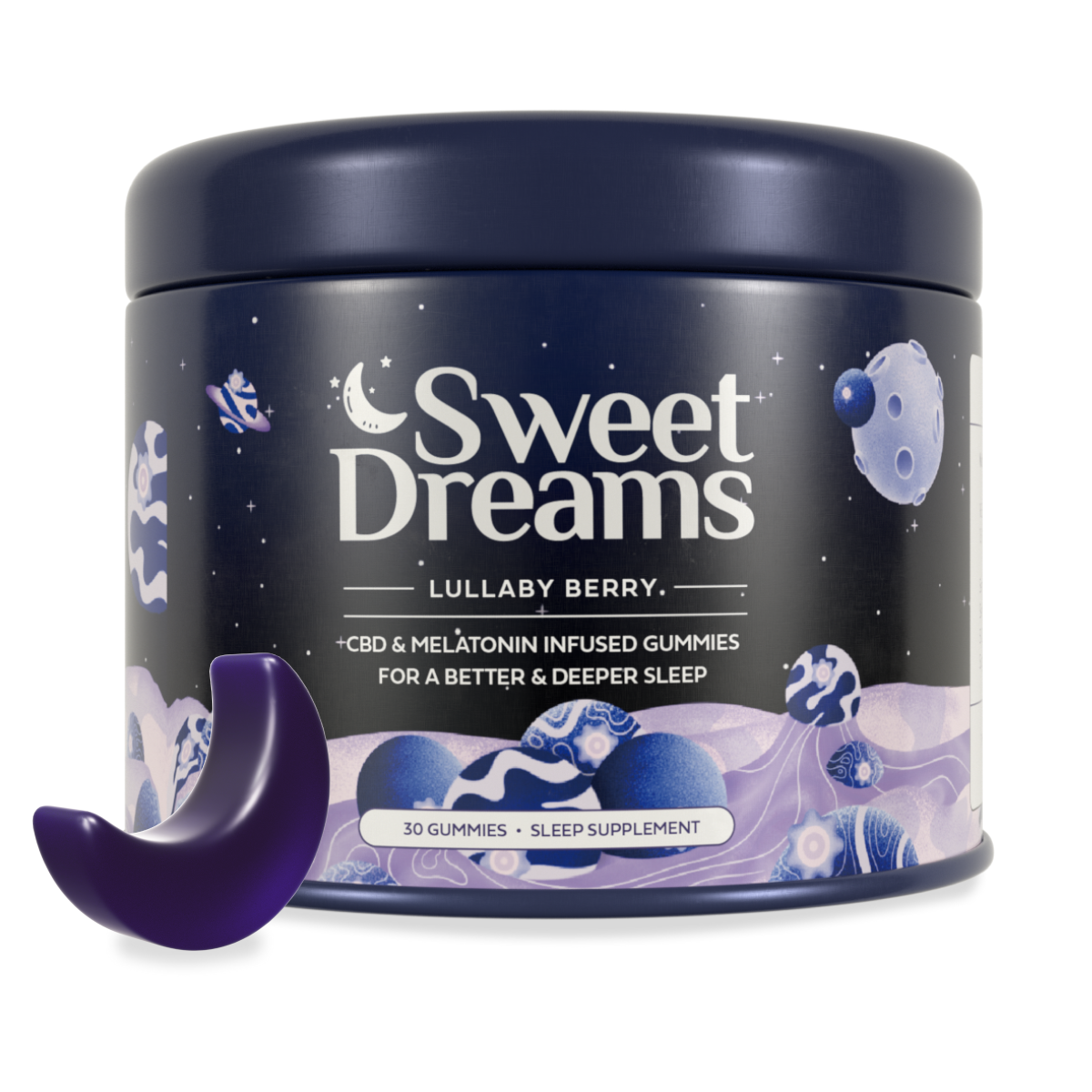What is CBD? Everything You Need To Know About the Oil
CBD oil has become a buzz word over the last couple of years. It’s on shelves at the grocery store, all over social media, and you may even have a friend that sells it. But what is it exactly? And how can it come from the marijuana plant but not get you high?
We understand the questions, we were there once too. It can be confusing to navigate, so in this article, we will break down what CBD oil is, how it works, the difference between the oil and marijuana, and even discuss the worry of side effects.
What is CBD?
CBD or cannabidiol is a compound that naturally occurs in the cannabis plant, a plant that is often associated with marijuana, simply because it also produces the buds used in marijuana.
There are many misconceptions about CBD oil and the cannabis plant simply because of its tie to the marijuana drug. This is possibly due to the illegal status of cannabis’ in many US states and many countries – although laws here and abroad are adjusting favorably for cannabis because of the health benefits it can give to those who need it.
But because CBD oil gained popularity after marijuana, the connection commonly made people think they were the same thing, when, in fact, they are very different.
In reality, the cannabis plant holds countless benefits, way beyond the traditional activity of getting high. This plant is actually known for its medicinal properties as far back as thousands of years ago, and modern research supports its health and therapeutic benefits too.

CBD or cannabidiol, just like marijuana, is one of the compounds that can be extracted from cannabis. Unlike its relative marijuana, CBD is actually a safe and non-addictive substance that can be used for health and therapeutic purposes, like aiding in anxiety or sleep. Below, you will learn how CBD interacts with our body and how it can benefit us.
How does CBD work?
To understand how CBD works in our body, it is important you understand what scientists call “the endocannabinoid system.”
The endocannabinoid system, which is a fairly new discovery, is a molecular system present in our body which affects many of our physiological processes such as cell communication (how our cells interact with one another), metabolism, appetite, immune system’s response, memory, and other cognitive functions. The endocannabinoid system also affects our experiences regarding stress, hunger, and pain.
When our endocannabinoid system does not function properly or becomes more active than it should, it can lead to long-term pain, chronic insomnia, and even trigger various diseases. It is for this reason and numerous research studies that George Kunos and Pal Pacher, scientists with the U.S. National Institutes of Health (NIH), said that “modulating endocannabinoid system activity may have therapeutic potential in almost all diseases affecting humans” in a publicationpublished in 2014.
This is where CBD and other cannabis-related compounds like THC, a compound that has a higher concentration in marijuana, comes to play – these compounds interact with and impact the endocannabinoid system, and they also enhance the endocannabinoid tone.
The end result is, CBD and related compounds can slow, or on some occasions, even stop disease progression or other problems.
Benefits of Full-Spectrum CBD
CBD can come in different forms, the two most common being “full-spectrum CBD” and broad-spectrum.
Full-spectrum CBD is cannabis-related oil that contains all the cannabinoids that are found and extracted from hemp, and for that reason, we only source full-spectrum CBD. A high-quality, full-spectrum CBD will contain mainly CBD while other CBD oils only contain trace amounts of CBD.
Full-spectrum CBD is preferable because, according to scientists, if CBD and other cannabinoids work together, they perform well and can better benefit our body.
Here are just some of the health benefits one can experience from a full-spectrum CBD:
Helps you relieve from daily stress
Helps you get a sense of calm and focus
Supports healthy and better sleep cycles
Helps your recover from exercise-induced inflammation
So what’s the Difference Between CBD and Marijuana?
Although CBD is closely related to marijuana, they are not the same – in fact, they are significantly different.
The main differences between CBD oil and Marijuana include:
Legality - CBD oil is legal and in some states, marijuana is not.
Marijuana gets you high, CBD does not.
CBD oil is considered a dietary supplement, Marijuana is not.
To begin with, CBD is one of the compounds found in the hemp plant, alongside marijuana and a variety of others. Where marijuana and CBD oil differ is that CBD is a non-psychoactive compound which is now known to have numerous helpful health benefits to the human body and our overall health. On the other hand, THC is a compound that causes the “high” that marijuana (or cannabis in general) is known for.
This is not to say that THC does not have health benefits too. In fact, although CBD and THC are different, they work closely together and both contain health and therapeutic benefits. This explains why full-spectrum CBD contains a very small trace amount of THC.
However, while THC causes people to get high, CBD does not have that effect – its significant;y different from THC. In fact, depending on the ratio of the CBD and THC consumed, CBD can actually neutralize the psychoactive effects of THC.
CBD won’t get you high, but instead help you with problems like pain management, chronic insomnia, and even issues with inflammation.
Can CBD Cause Any Side Effects?
In general, CBD is generally considered safe and well-tolerated by many people. However, as with all supplements, depending on your specific health status, CBD can cause some side effects, usually pretty mild at worst.


